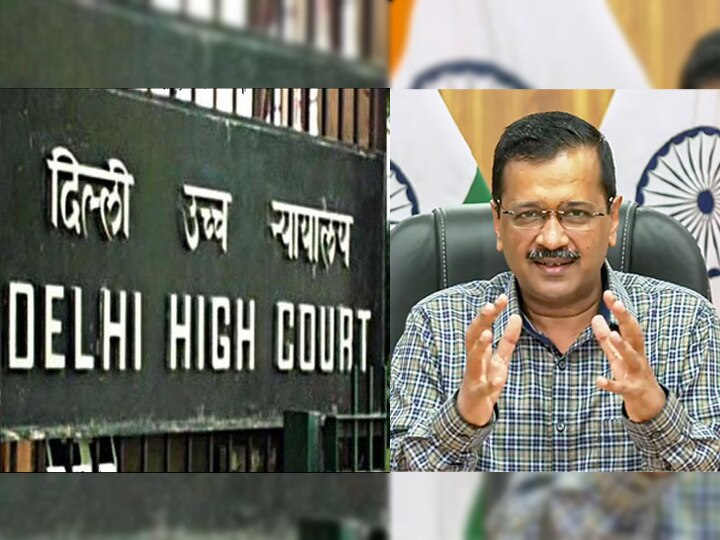The Court stated that retweeting defamatory content does constitute defamation.
On Monday, the Delhi High Court declined to dismiss a criminal defamation case lodged against Delhi Chief Minister Arvind Kejriwal for retweeting a video titled ‘BJP IT Cell Part 2’, produced by YouTuber Dhruv Rathee [Arvind Kejriwal v State & Anr].
Justice Swarana Kanta Sharma affirmed a trial court’s decision to summon Arvind Kejriwal in the case.
The solitary judge emphasized that Kejriwal, with a substantial following on X (formerly Twitter), was cognizant of the potential consequences of retweeting the video.
“The Court reiterated that retweeting defamatory content indeed constitutes defamation,” she added.
The lawsuit was initiated by Vikas Sankrityan, also known as Vikas Pandey, who asserts himself as a supporter of Prime Minister Narendra Modi and the founder of the social media page ‘I Support Narendra Modi’.
In Dhruv Rathee’s video, it was claimed that Pandey holds the second-highest position within the Bharatiya Janata Party (BJP) IT cell, and alleged that Pandey, through an intermediary, offered ₹50 lakh to Mahavir Prasad to retract his accusations that the ruling party’s IT cell disseminates falsehoods and fabricated news.
These allegations arose from an interview conducted by Prasad with Rathee. Rathee subsequently uploaded the interview to his YouTube channel on March 10, 2018, under the title ‘BJP IT Cell Insider Interview’.
On May 7, 2018, Rathee posted a video titled “BJP IT Cell Part 2,” where he accused Prasad of being offered the money.
This video was retweeted by Kejriwal.
Pandey argued that Kejriwal retweeted the video on May 7, 2018, containing false and defamatory accusations against him.
He asserted that Kejriwal, being followed by millions of people, by retweeting the video without verifying the authenticity of the allegations, exposed it to a vast audience at both national and international levels.
On July 17, 2019, Kejriwal received summons from the Additional Chief Metropolitan Magistrate.
He appealed to the Sessions Court against this decision, but the court refused to annul the summons.
Subsequently, Kejriwal approached the High Court challenging the rulings of both the Magistrate and Sessions Court. Additionally, he sought to dismiss the criminal complaint (defamation case) filed by Pandey.
The National Convenor of the Aam Aadmi Party (AAP) stated that Pandey had not taken legal action against the original creator of the allegedly offensive publication, Dhruv Rathee, nor against others who had retweeted, liked, or commented on the video. Instead, Pandey solely targeted Kejriwal, indicating malicious intent on Pandey’s part.



